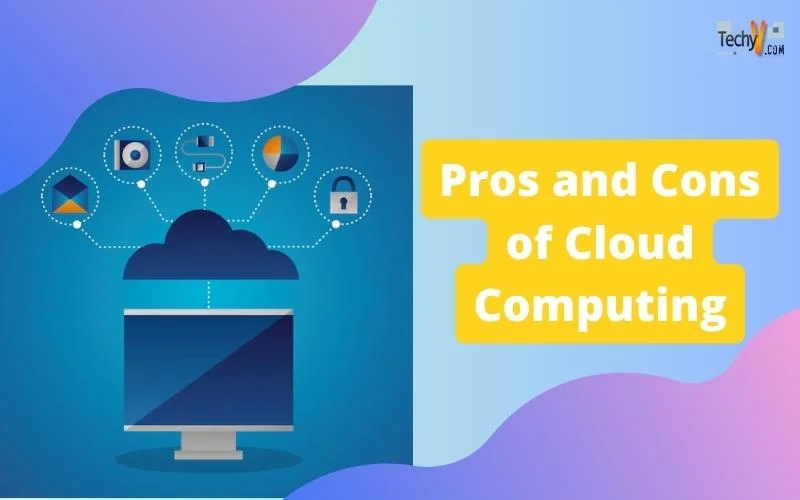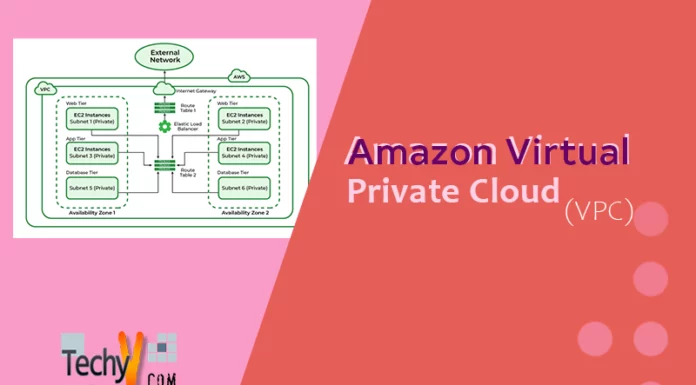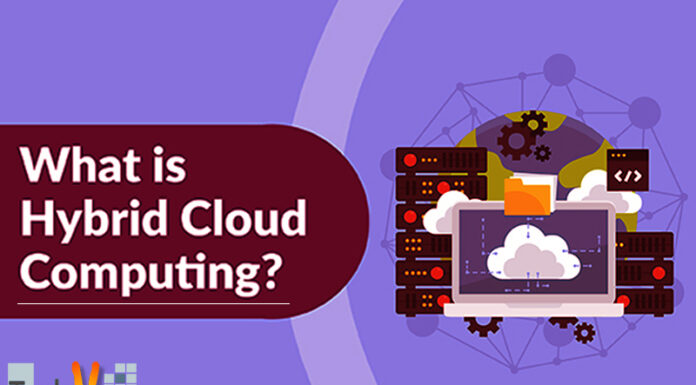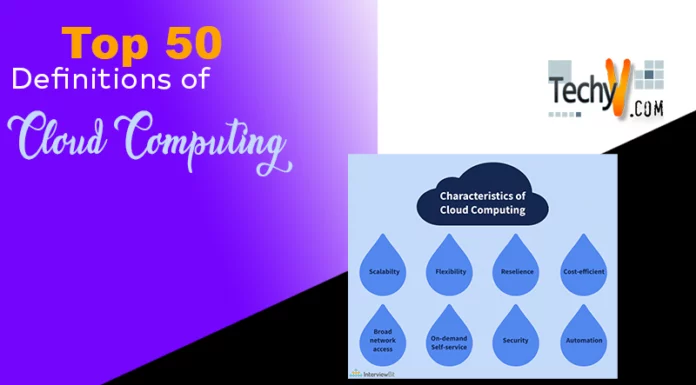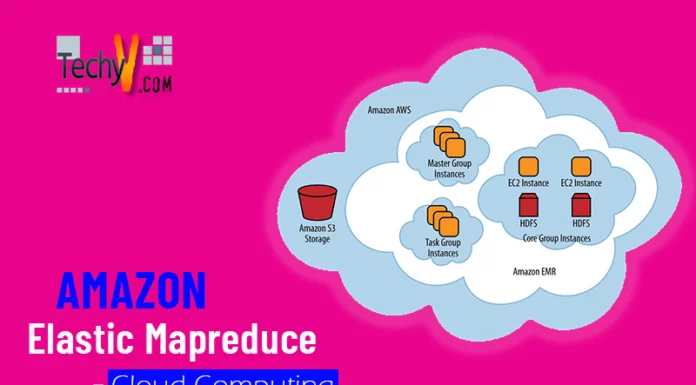Pros and Cons of Cloud Computing
Cloud computing is a web based processing technology in which shared information, resources and software are made available to computers and other similar devices like Smartphones over the internet, on demand. This allows users to access and use applications without installing them in their own computing devices; thus making it possible for users to get access to their files from any computer as long as it is connected to the internet.
By centralizing important aspects of computing like bandwidth, memory, processing and storage; cloud computing technology makes it possible to have a much more efficient computing. The simplest example of cloud computing is an email service like Gmail or Yahoo. Here, all you need is a computer connected to the internet and you will be able to use the services to send emails or files. In this case the software that runs the server plus all the technical processes are managed by the providers of the cloud service, say Google if it is Gmail you are using.
The concept behind cloud computing is that a user should just be given what he or she wants without having to bother with the applications that support that service; so if all you want is to send and receive email, you don’t have to install an email application software in your computer so that you can enjoy the service. For business, cloud computing makes things easier and cost effective because it eliminates the stress of buying expensive software and renewing licenses which is also expensive. Only one suite of software needs to be installed in one computer which can be accessed by all the workers in an organization and get the job done. Business information can be stored in remote servers over the internet, not personal computers or servers in the office.
As cloud computing continues to gain popularity with more individuals and businesses accepting it as a convenient way to achieve their computing needs, it bears significant pros and cons that one should always consider while embracing the technology.
Pros of cloud computing
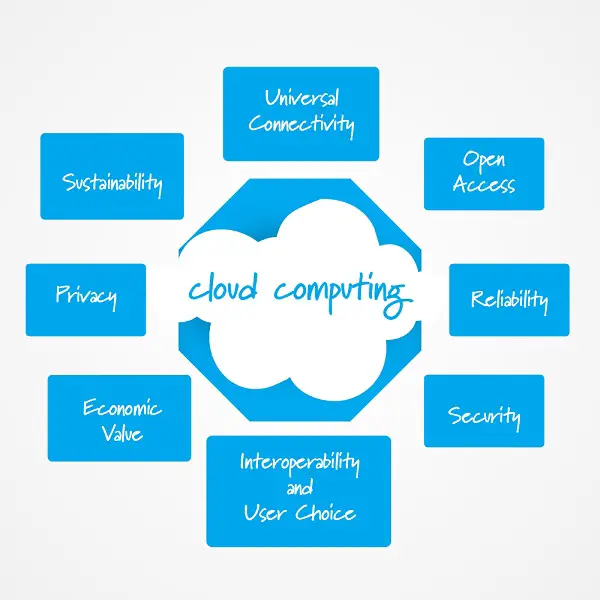
Cost effective
There are no hefty expenses involved in cloud computing, the entry cost is very low and in fact a good number of applications are freely available for use as long as one is connected to the internet. It particularly makes things affordable for start-up businesses that do not require complicated systems plus accompanying software.
Better device performance
The fact that there are no heavy applications installed in a computer means that the memory will perform at its best. Computers for example will always boot fast and run efficiently because they have few programs and processes. A computer in a cloud will take less time to load a program and far much less time to process a request, when compared to a computer that has the same application installed.
Compatibility
Users no longer need to worry about the compatibility of files- this was a major problem before cloud computing came to the market especially in circumstances that required conversion of document files to different formats, say from one version of word to another. Take a platform like Google docs for example; users can create text documents in different formats without struggling to convert them because the documents will be read in one uniform format by everyone in the shared environment.
Sufficient storage
The storage capacity in a cloud computing environment is almost unlimited; it cannot be compared to the capacity of individual computers. Users can store as many files as possible without worrying about storage space.
Data reliability is improved
Data stored in a cloud computer will still be available even when the hard disk of the computer crashes or develops a fatal problem. It gives users a sense of safety because they know that their data will always be available in the cloud computing environment.
Documents can be accessed from anywhere
Users no longer need to keep carrying their documents from one place to another whenever they want to use them in a different place other than their usual working stations. Since the documents are already in the cloud, you can access them instantly from any place as long as you have a computer with internet connection.
Instant updates
With cloud computing, updating programs is no longer a complicated task. Since the applications are web based, they can be updated automatically and be used immediately. In most cases you don’t need to pay for updates and if at all payment has to be made, it is always not very expensive.
Cons of cloud computing
Security
This is perhaps the largest disadvantage of cloud computing; it is definitely not the most secure platform that one can work in even though there are always tight measures to guarantee security. Considering that cloud computing brings on board so many users from different places, sometimes you never know the intentions of the people you are sharing resources with. In addition, cloud computing becomes an easier target for intruders and attackers who can interfere with users’ data.
Lack of user control
Users have less control in most cloud computing platforms especially the free programs. The cloud providers decide how the applications will run and users will have to comply with the providers’ terms and conditions. In most of such cloud computing environments, users don’t have any meaningful control; instead they use the resources according to the directions of the providers.
Big losses in case of faults
If something goes wrong in a cloud computing platform that is shared among many users, the losses will be extremely huge when you consider the amount of important data that is likely to get lost. If information in the cloud servers is corrupted, all the users will lose valuable information and if it is a business, any loss of important data will most likely translate to financial losses in the long term. A problem in the application affects the user, more the users are more the losses; if the problem involves loss of files for instance, all users will lose their files.


